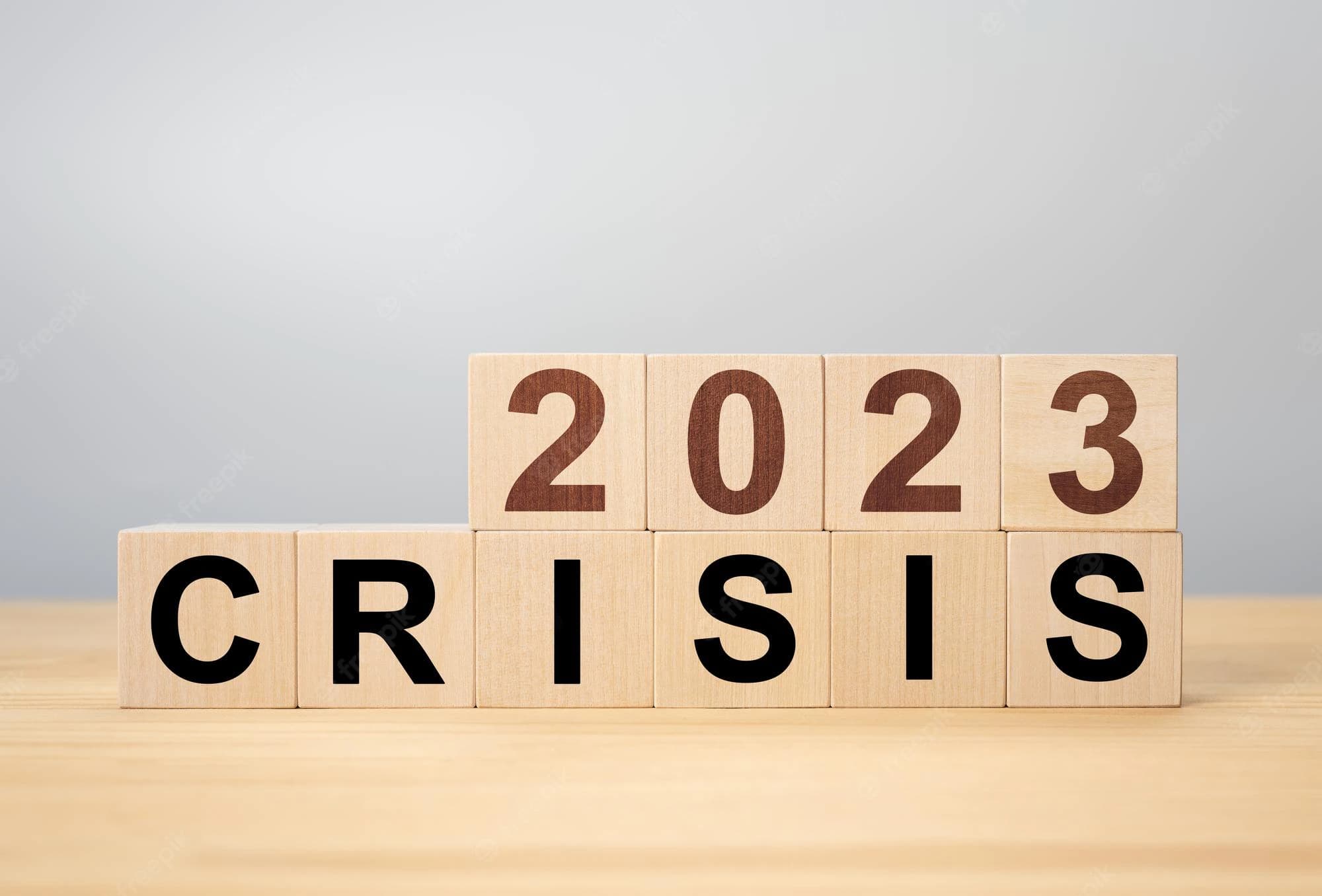Online chatter about the global recession 2023 has begun ever since the conversation about Covid-19 and its numerous variants began to die. Most experts agree that a recession commences when the economy’s GDP (Gross Domestic Product) is negative for two consecutive quarters. Though it isn’t an accurate enough measure to mark the onset of a recession, other experts believe a widespread and lasting contraction in the economy meeting factors of depth, duration, and diffusion to certain degrees is a better indicator.
As talks of a recession crop up, the first thought that comes to mind is of the Global Financial Crisis (GFC) of 2007-2008 that had a devastating impact on the worldwide economy since the Great Depression in 1929. This has created an unconscious benchmark in most people’s minds; those who lived through that period have negative connotations with the word and an innate bias of anticipating the worst, expecting it to be as destructive as the GFC.
Will this recession be as destructive as the GFC? And what’s its impact on industries? Let’s find out.
The Economic Downturn
Safe to say that the entire population across the world is well-versed in the pandemic’s impact on the global economy to some extent. The onset of Covid-19 created a snowball effect bringing some of the largest economies in the world to a standstill.
While this recession did not last long – past recessions averaged over ten months – it still had lasting repercussions on the market. Unemployment rates soared high, trade channels were blocked, and commodity prices steadily grew in the US market.
If the US economy does indeed enter a recession by next year, likely, the rest of the world will follow. Inflation is a global phenomenon that currently affects several large economies. As the dollar grows stronger – a win for the Americans – other countries’ currencies depreciate. With the Russian-Ukraine war, Europe is already facing energy supply and trade issues. The Asia Pacific economy is also seeing a deceleration due to reduced demand for goods.
Next Recession’s Outlook
A slowing economy, rising gas prices, and new interest rates imposed by the Federal Reserve have paved the way to a possible oncoming recession. In a study published by the U.S. Bureau of Statistics, inflation has reached an all-time high marking the largest increase in 40 years. It doesn’t take an economics major to understand that as prices soar, cost-of-living drastically rises and incomes do not increase enough to keep up with inflation.
Living in such an economy means customers have less spending power prioritizing needs over wants. This affects several industries that cater directly to customers – a tragedy the world collectively witnessed when several businesses shut down during the pandemic as people only prioritized essentials.
Impact on Industries
The retail industry is arguably the backbone of any economy and is expected to exceed $27.3 trillion in 2022. Though the pandemic slowdown largely affected the sector, customers were quick to continue purchasing which helped the industry recover and thrive.
As talks of recession emerge, the retail industry may succumb to its burden considering that most retailers are still dealing with the fallout from the Covid-19 one. Increasing debt, insufficient revenue growth, and slim profits continue to be concern areas for most businesses.
Several retail companies continue to operate on outdated technology methods without having enough money to invest in innovation. This influences the way businesses handle their day-to-day operations which can lead to inefficiencies. While few began their tech transformation journey, a recession can quickly put a stop to this process as retailers will struggle to cope when traffic and purchases dwindle.
If another recession is expected to begin, retailers will be forced to cut costs yet again while struggling to stay afloat. When the strings of customers’ purses inevitably tighten due to inflation, businesses will meet difficulties managing their workforce, supply chain, and inventory. This in turn bleeds onto issues to sustain morale, employee health, and happiness with the added pressure of providing flexibility to their workforce – a prerequisite for most professionals.
Another factor is the Russian-Ukraine war which has created trade gaps for countries with immense dependencies on Russia/Ukraine for resources and materials, thus disrupting the supply chain. Soaring gas prices contribute to inflation which then alters consumer behavior. In such an economy, the average customer cannot afford to splurge, and retailers cannot make enough revenue to carry on business as usual.
For the IT industry, on the other hand, an impending recession means massive reductions in the workforce. News of layoffs and a hiring freeze continue to break out as several tech companies struggle to maintain the profitability, they saw during 2020 – 2021. Most companies that rode the pandemic business wave expected it to be a lasting trend and the giants – Facebook (now Meta), Apple, Amazon, Google, and Microsoft made a combined revenue of over $1.2 trillion.
These profit margins are extremely hard to maintain – especially during a recession – and companies that overextended themselves through radical expansions need to cut costs and scale back. As tech revenues continue to decline in the US, its effect will also be felt by Indian IT companies that generate a massive part of their revenue from international markets.
Without enough turnover and stakeholders to answer to, the IT sector will have to reevaluate internal areas worthy of investment. Some may prioritize innovation and R&D, while others may follow a customer-centric approach nurturing existing clients to continue pumping in money. Bonuses, promotions, and increments will also take a beating while employees will be expected to work longer hours and increase productivity.
Cause for Concern
As previously mentioned, recessions historically haven’t lasted very long, and the Covid-19 recession at the start of 2020 only lasted two months. Though this may not be comforting news to most – as the onset of a recession has a ripple effect on multiple aspects of the economy – it bears noting that even the best of predictions can be wrong.
While the Retail and IT sectors were given as examples, every industry has its share of difficulties to endure in a recession. Every recession will not be as damaging as the Great Recession of ‘07-’08, but no doubt any recession is painful leaving devastation in its wake. That being said, with new global reforms and robust labor market dynamics, we can be hopeful that the global economy won’t stay down for long.




